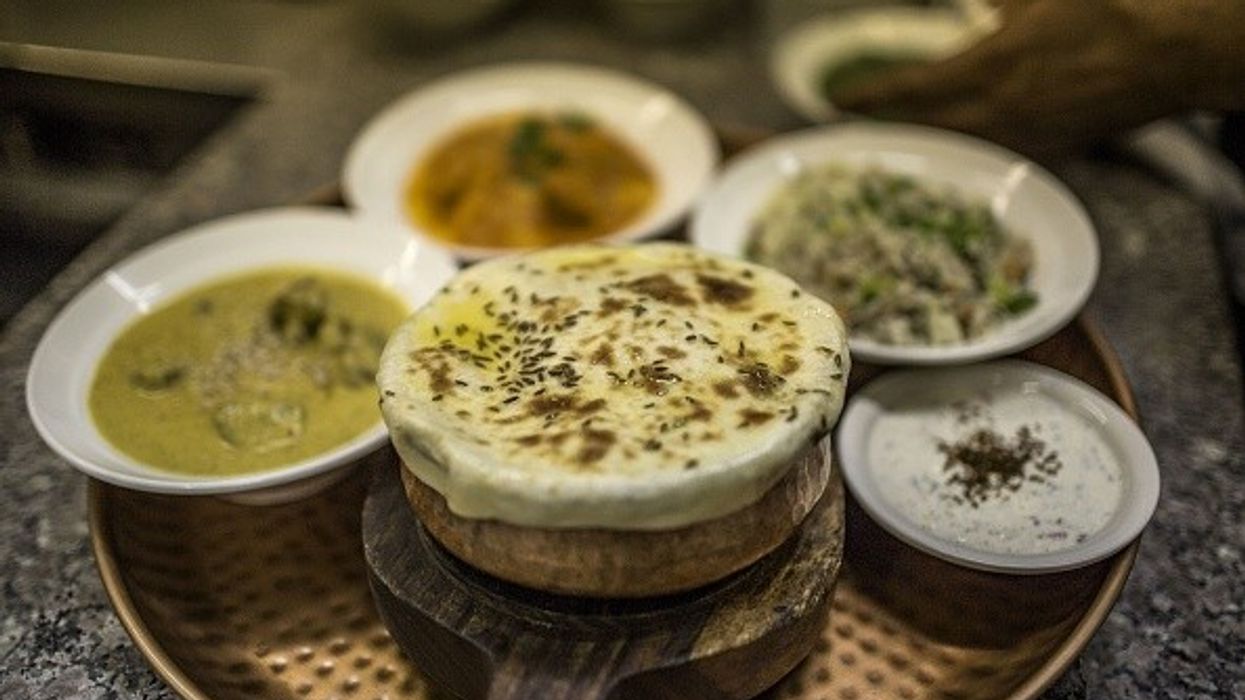South Asian American food bloggers have called on to cancel the word curry because of its ties to British colonialism, claiming that the “word curry is too often used to lump very distinct foods from different regions together”, said a report on Sunday (8).
Chaheti Bansal, 27, who lives in California, US, and shares her home-cooking online, shared a video recipe where she called on people to "cancel the word curry".
“There's a saying that the food in India changes every 100km and yet we're still using this umbrella term popularised by white people who couldn't be bothered to learn the actual names of our dishes,” Bansal said in a viral video that has been viewed more than 3.6 million times.
“But we can still unlearn,” Bansal says in the video.
She told NBC Asian America she is not advocating for “fully cancelling the word, but rather educating people on what it means and preventing its use in situations where it is not applicable”.
Instagram food blogger Nisha Vedi Pawar, who has more than 38,000 followers, echoed Bansal's sentiment and told NBC: “It's just like for American food. You wouldn't want everything dipped in like Old Bay right?”
While there are many different explanations for where the word curry came from, most people believe that it was invented by the British who misheard the Tamil word 'kari' which means 'sauce'.
Its first use reportedly dates back to the mid-eighteenth century when members of the British East India Trading Company were trading with Tamil merchants in southeast India.
Some of the most popular dishes in the UK, including chicken tikka masala, were inspired by Indian cuisine but adapted for western tastes, and as a result, rarely reflect the traditional dishes made in India.
Due to its origins, the word should not be used as an umbrella term, Ilyse Morgenstein Fures, an expert in South Asia and an associate religious studies professor at the University of Vermont, said, claiming it is largely incorrect and rooted in “white, Christian supremacy”.




